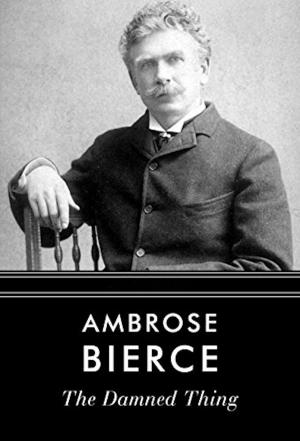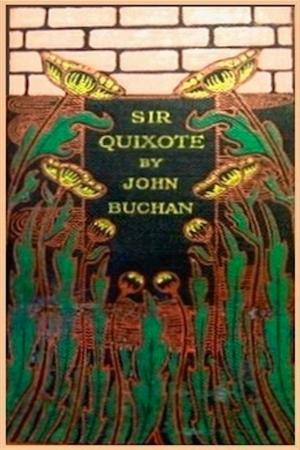| Author: | H. Rider Haggard | ISBN: | 1230002251851 |
| Publisher: | BookLife | Publication: | April 4, 2018 |
| Imprint: | Language: | English |
| Author: | H. Rider Haggard |
| ISBN: | 1230002251851 |
| Publisher: | BookLife |
| Publication: | April 4, 2018 |
| Imprint: | |
| Language: | English |
There was war in Egypt and Egypt was rent in two. At Memphis in the north, at Tanis, and in all the rich lands of the Delta where by many mouths the Nile flows down to the sea, a usurping race held power, that whose forefathers, generations before, had descended upon Egypt like a flood, destroyed its temples and deposed its gods, possessing themselves of the wealth of the land. At Thebes in the south the descendants of the ancient Pharaohs still ruled precariously, again and again attempting to drive out the fierce Semitic or Bedouin kings, named the Shepherds, whose banners flew from the walls of all the northern cities.
They failed because they were too weak, indeed the hour of their final victory was yet far away and of it our tale does not tell.
Nefra the Princess, she who was named the Beautiful and afterwards was known as Uniter of Lands, was the only child of one of these Theban Antefs, Kheperra, born of his Queen, Rima, daughter of Ditanah, the King of Babylon, who had given her to him in marriage to strengthen him in his struggle against the Shepherds, also called the /Aati/ or "Plague–bearers." Nefra was the first and only child of this marriage, for shortly after she was born Kheperra the King, her father, with all the host that he could gather, went down Nile to fight the Aati who marched to meet him from Tanis and from Memphis. They met in a great battle in which Kheperra was slain and his army defeated, though not before it had slaughtered such numbers of the enemy that, abandoning their advance on Thebes, the generals of the Shepherds returned with the remnant of their troops whence they came. Yet by this victory Apepi, the King of the Shepherds, became in fact Pharaoh of all Egypt. Kheperra was dead, leaving behind him but one infant girl, and so were numbers of the great Theban lords, others of whom hastened to submit to the ruler of the North.
There was war in Egypt and Egypt was rent in two. At Memphis in the north, at Tanis, and in all the rich lands of the Delta where by many mouths the Nile flows down to the sea, a usurping race held power, that whose forefathers, generations before, had descended upon Egypt like a flood, destroyed its temples and deposed its gods, possessing themselves of the wealth of the land. At Thebes in the south the descendants of the ancient Pharaohs still ruled precariously, again and again attempting to drive out the fierce Semitic or Bedouin kings, named the Shepherds, whose banners flew from the walls of all the northern cities.
They failed because they were too weak, indeed the hour of their final victory was yet far away and of it our tale does not tell.
Nefra the Princess, she who was named the Beautiful and afterwards was known as Uniter of Lands, was the only child of one of these Theban Antefs, Kheperra, born of his Queen, Rima, daughter of Ditanah, the King of Babylon, who had given her to him in marriage to strengthen him in his struggle against the Shepherds, also called the /Aati/ or "Plague–bearers." Nefra was the first and only child of this marriage, for shortly after she was born Kheperra the King, her father, with all the host that he could gather, went down Nile to fight the Aati who marched to meet him from Tanis and from Memphis. They met in a great battle in which Kheperra was slain and his army defeated, though not before it had slaughtered such numbers of the enemy that, abandoning their advance on Thebes, the generals of the Shepherds returned with the remnant of their troops whence they came. Yet by this victory Apepi, the King of the Shepherds, became in fact Pharaoh of all Egypt. Kheperra was dead, leaving behind him but one infant girl, and so were numbers of the great Theban lords, others of whom hastened to submit to the ruler of the North.















